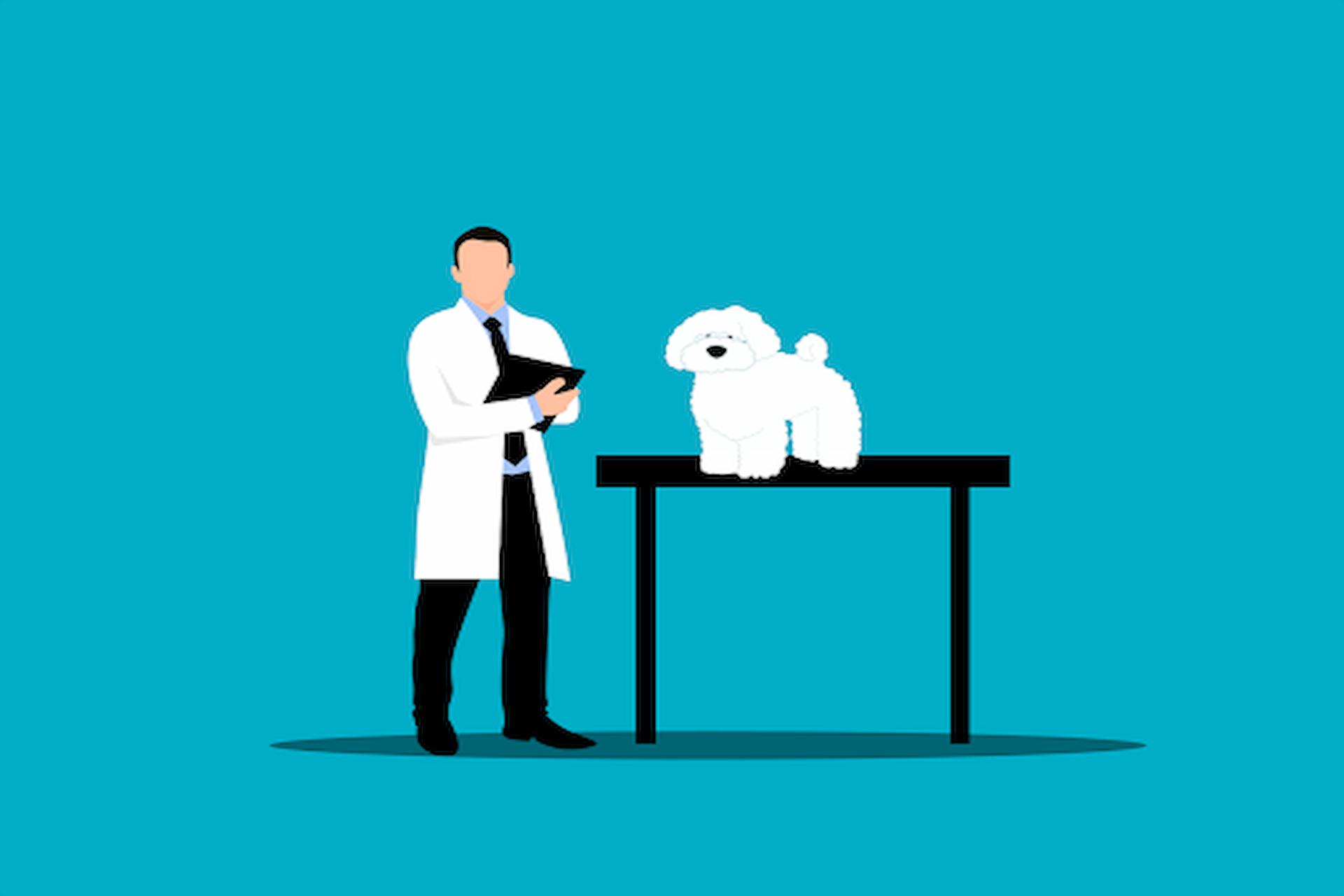In recent years, opting for comprehensive and state-of-the-art veterinary care has become increasingly prioritized among pet owners. But as we entrust our beloved furry friends to these animal hospitals, how familiar are we with what goes on behind the scenes? What constitutes an animal hospital, and what sets it apart from a regular veterinarian’s practice? This blog post aims to delve into the heart of these questions, ultimately helping us comprehend the essentials of an animal hospital.
An animal hospital is not just an oversized vet clinic. It is a comprehensive facility equipped to deal with a wide range of animal health issues – from everyday check-ups to emergency surgeries. Understanding the operations, features, services, and nuances of these hospitals is key to ensuring our pets receive the best possible care.
By the end of this read, we hope to arm you with a wealth of knowledge that will help you make informed choices regarding your pet’s healthcare. Now, let’s break open the mysteries of an animal hospital and unravel its many components.
What Is An Animal Hospital?
An animal hospital, in essence, is a larger-scale, more equipped version of a veterinarian’s practice, often staffed with multiple vet professionals and a range of medical equipment. The main purpose here is to provide comprehensive veterinary care under a single roof. In an animal hospital, from preventive care like vaccinations to advanced diagnostic tests and complex surgeries happen.
These facilities are designed, keeping in mind the well-being and comfort of both pets and their owners. Furthermore, most animal hospitals house a variety of specialized departments such as oncology, cardiology, and orthopedics.
Core Services And Features
A key distinguishing feature of animal hospitals is the wide array of services they offer. This includes preventive care like vaccinations and dental cleanings, as well as more complex offerings such as orthopedic surgeries and endoscopy.
Moreover, animal hospitals typically boast an in-house laboratory, allowing for prompt and precise diagnostic testing. Many also provide boarding and grooming services to cater to the holistic needs of pets.
The Importance Of Specialization
One of the critical factors in choosing an animal hospital is its roster of specialists. These professionals – from dermatologists to ophthalmologists – provide expert diagnosis and treatment in their respective fields of animal health. The presence of such specialists can be especially crucial for pets with specific or complex health issues, translating to better, tailored care.
Emergency And Intensive Care
Animal hospitals are often equipped to deal with emergencies, providing round-the-clock services to address sudden illness or injury. They also feature intensive care units, where critically ill or injured pets receive constant monitoring and specialist care.
Pros And Cons Of An Animal Hospital
Like anything else, animal hospitals come with both benefits and drawbacks. On one hand, the convenience of having all services and professionals under one roof can be a significant advantage – particularly in emergencies. However, the busyness of these facilities can sometimes lead to longer waiting times, and costs can also be higher compared to a regular vet clinic.
Choosing The Right Animal Hospital
Selecting an animal hospital involves considering factors like location, hours of operation, range of services, and qualifications. It’s advisable to take your time and thoroughly research, read reviews, and even visit a few hospitals to make an informed decision.
Conclusion
In conclusion, understanding what an animal hospital is, and what it offers, is integral to providing comprehensive care for our pets. From knowing the basics to recognising the importance of specialisation and emergency facilities, and weighing the pros and cons, we’ve given you a dive into the world of animal hospitals.
Whatever your pet’s health needs might be, being aware of your options can make a world of difference. After all, shouldn’t our pets receive the same level of care and consideration that we’d want for ourselves? With the information we’ve unveiled, you are now a step closer to ensuring just that!
